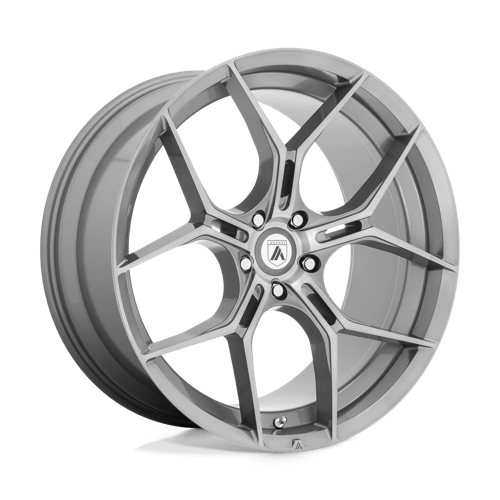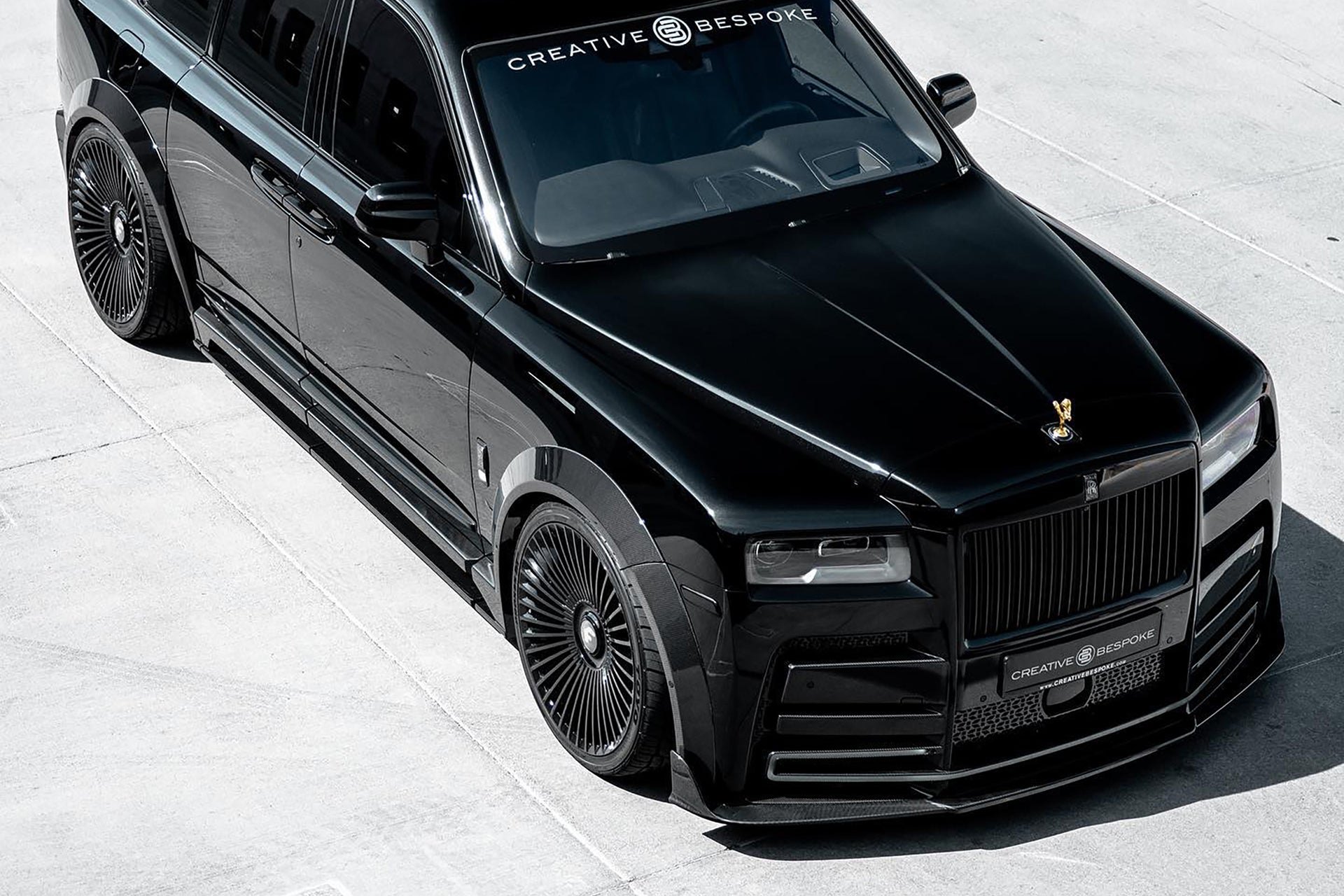When it comes to upgrading your vehicle's performance and aesthetics, the right set of wheels can make all the difference. However, with a plethora of wheel specifications to consider, navigating the options can be daunting. In this guide, we break down the essential wheel specs to empower you to make an informed decision for your next wheel purchase.
1. Wheel Diameter:
The diameter of your wheels is a fundamental specification that greatly influences the overall look of your vehicle. Larger diameters offer a more aggressive and modern appearance, while smaller diameters are often associated with a classic or stock look. It's crucial to consider your vehicle type and personal style when choosing the right wheel diameter.
2. Width:
Wheel width plays a pivotal role in both performance and aesthetics. Wider wheels provide more surface area, enhancing traction and stability. However, it's important to strike a balance, as excessively wide wheels can negatively impact fuel efficiency and handling. Consider your driving needs and the recommended wheel width for your vehicle model.
3. Offset:
Offset determines the position of the wheel relative to the vehicle's hub. Positive offset means the wheel's mounting surface is closer to the outside, while negative offset places it closer to the inside. Understanding offset is crucial for achieving the desired stance and preventing interference with suspension components.
4. Bolt Pattern:
The bolt pattern refers to the number of bolts and the diameter of the imaginary circle they form. Matching the bolt pattern of your wheels to that of your vehicle is non-negotiable. It ensures a secure fit and prevents issues such as vibration, uneven wear, and potential damage.
5. Load Rating:
Load rating is a critical factor, especially for trucks, SUVs, and other heavy-duty vehicles. It indicates the maximum weight a single wheel can support. Exceeding the load rating can lead to premature wear and compromise safety. Always choose wheels with a load rating that meets or exceeds your vehicle's requirements.
6. Material and Finish:
Wheel material significantly affects performance, weight, and durability. Common materials include alloy, steel, and forged aluminum. Additionally, the finish contributes to the wheel's aesthetic appeal. Whether you prefer polished, painted, or machined finishes, selecting the right combination can enhance your vehicle's overall look.
7. Hub Diameter:
The hub diameter is the center hole in the wheel, and it must match the size of your vehicle's hub. A precise fit ensures proper centring and eliminates the need for additional adapters or modifications.
Conclusion:
As you embark on the journey of upgrading your vehicle's wheels, understanding these key specifications will guide you towards the perfect choice. Each specification serves a unique purpose, impacting not only the aesthetics but also the performance and safety of your vehicle. Take the time to research and ensure that your selected wheels align with both your vehicle's requirements and your personal style. After all, the right set of wheels is more than an upgrade; it's a statement. Happy wheel shopping!
Wheel Specs: A Comprehensive Guide for Wheel Enthusiasts
Join Us
A short sentence describing what someone will receive by subscribing
100% free, Unsubscribe any time!
Featured Wheels

autocareperformance
Asanti Black ABL-37 MONARCH Titanium Brushed | 20x10.5 | 5x112 | +40 | 72.56mm
Prix réduit$384.00 CAD
En stock
